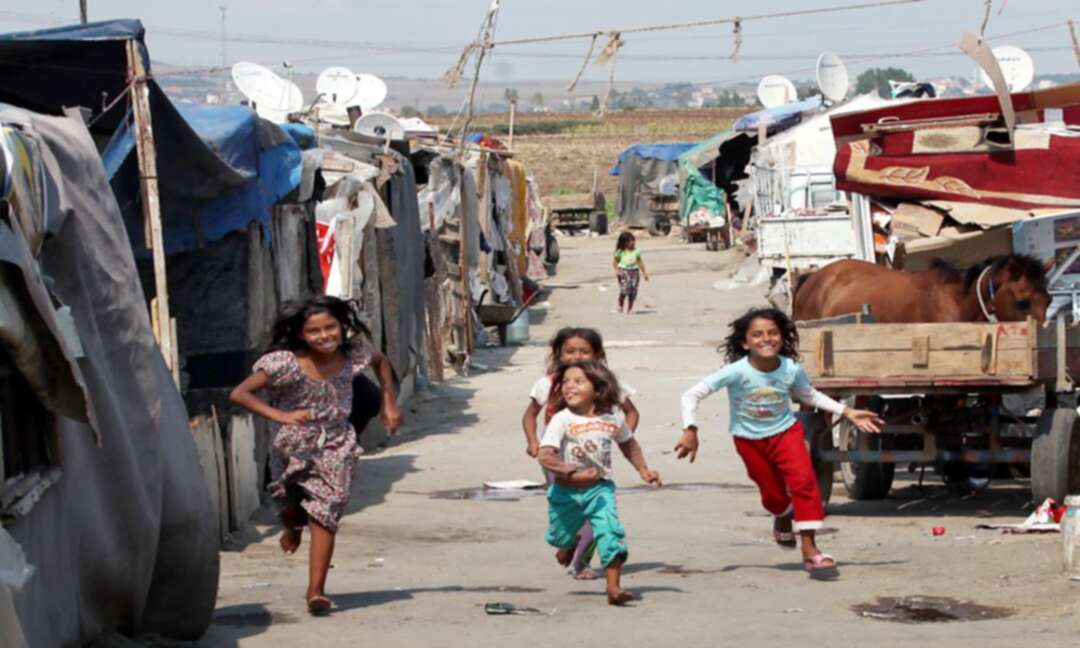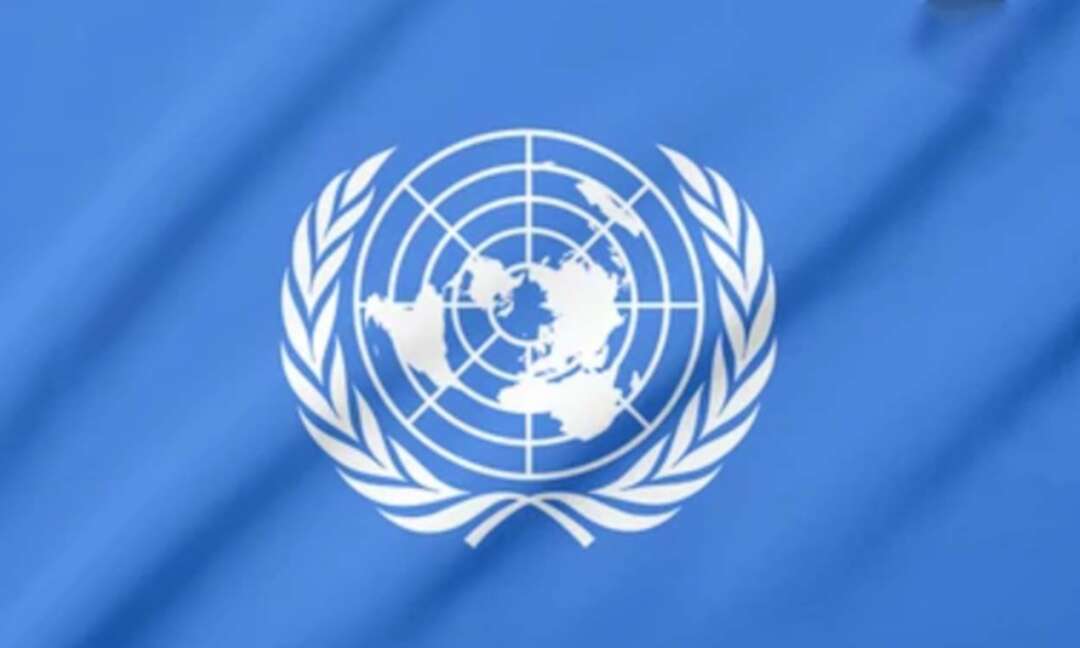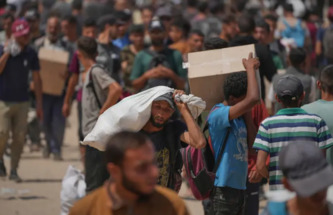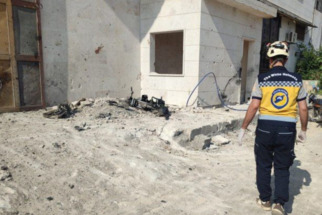-
Syria: Cholera outbreak is ‘serious threat’ to whole Middle East

The UN humanitarian relief coordinator for the country on Tuesday (Sep 13), the official declaration of a cholera outbreak in the Aleppo region of Syria at the weekend, represents “a serious threat to people in Syria”, and the whole Middle East region.
The outbreak was declared on 10 September by the Syrian Ministry of Health, following 15 confirmed laboratory cases, including one patient death, said Imran Riza, who is also Resident Coordinator.
A total of 936 cases of severe acute watery diarrhoea were reported between 25 August and 10 September, which led to “at least eight deaths”, he reported.
Most cases were reported from Aleppo (72.2 per cent), and Deir-ez-Zor (21.5 per cent), with cases also reported in Ar-Raqqa, Al Hasakeh, Hama and Lattakia, according to the UN report.
The number of confirmed cholera cases so far is 20 in Aleppo, four in Lattakia and two in Damascus – both of those infected in the capital had travelled from Aleppo.

“Based on a rapid assessment conducted by health authorities and partners, the source of infection is believed to be linked to people drinking unsafe water from the Euphrates River and using contaminated water to irrigate crops, resulting in food contamination”, said the UN Humanitarian Coordinator.
“Cholera remains a global threat to public health and an indicator of inequity.”
Syria's bloody conflict at risk of further escalation, UN warns in new report
He said the outbreak was an indicator of severe shortages of water throughout Syria, an issue the UN has “been sounding alarm bells on”, for some time.
Cholera is an acute diarrhoeal infection caused by ingestion of food or water contaminated with the bacterium Vibrio cholera, the WHO said.
It remains a global threat to public health and an indicator of inequity and lack of social development.
levantnews-UN
You May Also Like
Popular Posts
Caricature
BENEFIT Sponsors BuildHer...
- April 23, 2025
BENEFIT, the Kingdom’s innovator and leading company in Fintech and electronic financial transactions service, has sponsored the BuildHer CityHack 2025 Hackathon, a two-day event spearheaded by the College of Engineering and Technology at the Royal University for Women (RUW).
Aimed at secondary school students, the event brought together a distinguished group of academic professionals and technology experts to mentor and inspire young participants.
More than 100 high school students from across the Kingdom of Bahrain took part in the hackathon, which featured an intensive programme of training workshops and hands-on sessions. These activities were tailored to enhance participants’ critical thinking, collaborative problem-solving, and team-building capabilities, while also encouraging the development of practical and sustainable solutions to contemporary challenges using modern technological tools.
BENEFIT’s Chief Executive Mr. Abdulwahed AlJanahi, commented: “Our support for this educational hackathon reflects our long-term strategic vision to nurture the talents of emerging national youth and empower the next generation of accomplished female leaders in technology. By fostering creativity and innovation, we aim to contribute meaningfully to Bahrain’s comprehensive development goals and align with the aspirations outlined in the Kingdom’s Vision 2030—an ambition in which BENEFIT plays a central role.”
Professor Riyadh Yousif Hamzah, President of the Royal University for Women, commented: “This initiative reflects our commitment to advancing women in STEM fields. We're cultivating a generation of creative, solution-driven female leaders who will drive national development. Our partnership with BENEFIT exemplifies the powerful synergy between academia and private sector in supporting educational innovation.”
Hanan Abdulla Hasan, Senior Manager, PR & Communication at BENEFIT, said: “We are honoured to collaborate with RUW in supporting this remarkable technology-focused event. It highlights our commitment to social responsibility, and our ongoing efforts to enhance the digital and innovation capabilities of young Bahraini women and foster their ability to harness technological tools in the service of a smarter, more sustainable future.”
For his part, Dr. Humam ElAgha, Acting Dean of the College of Engineering and Technology at the University, said: “BuildHer CityHack 2025 embodies our hands-on approach to education. By tackling real-world problems through creative thinking and sustainable solutions, we're preparing women to thrive in the knowledge economy – a cornerstone of the University's vision.”
opinion
Report
ads
Newsletter
Subscribe to our mailing list to get the new updates!





















